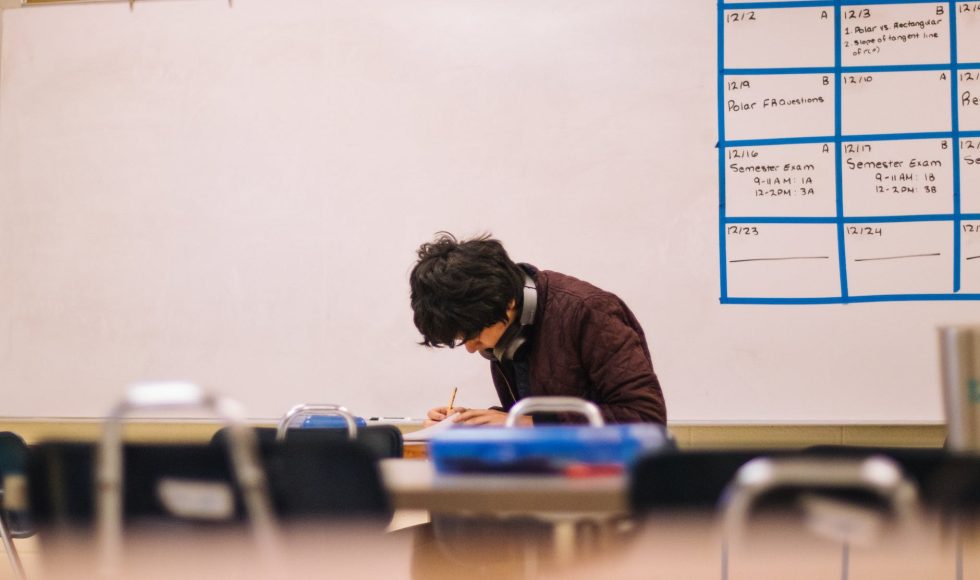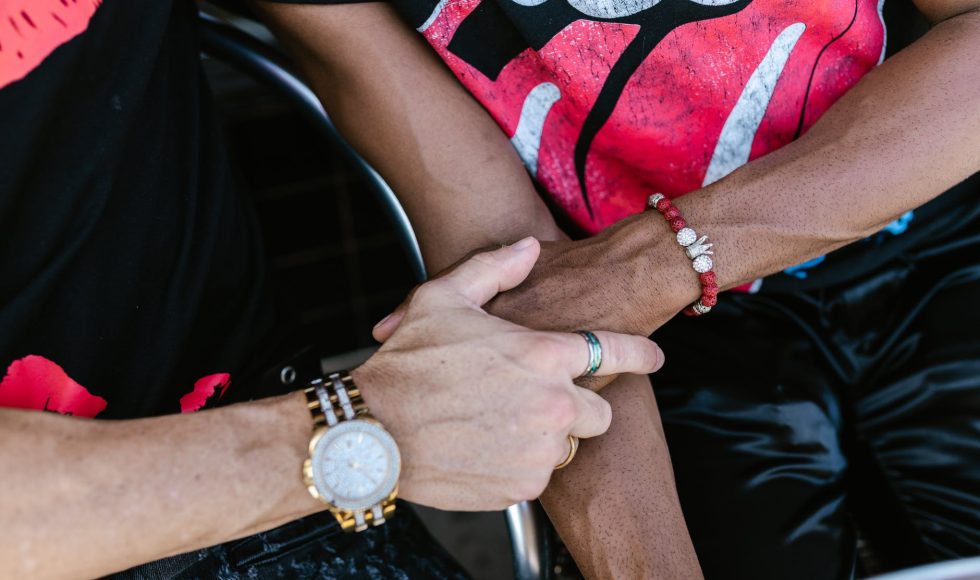I continued watching the Quality Matters (QM) Research Online Conference. Tonight I watched the session “Student Perceptions of QM Standards on Engagement and Learning” with Daisyane Barreto and Sheri Conklin from the University of North Carolina, Wilmington. Barreto asked what elements of online course design are important for students. Organization and consistency help with the […]
I am happy to have found the JMBE YouTube playlist I had forgotten about! Tonight I watched the session on “CURES increase students’ scientific self-efficacy, scientific identity, and self-assessed skills.” Grace Borlee and Carolina Mehaffy were the guests, and the session was moderated by Stanley Maloy, JMBE Editor-in-chief. Mehaffy is at Colorado State University along […]
Tonight I watched a MAXQDA Research Session by Justyna Okrucinska. Their graduate work used a mixed-methods study design and MAXQDA. The title of the session was “In Search of the Meaning of European Identity.” Okrucinska is originally from Poland. They work in a research group in the University of Berlin. Their focus and research interests […]
The JMBE Live session I watched today was on “The Effects of Specifications Grading in a Cell Biology Course.” I watched it from the JMBE YouTube. Stanley Maloy, JMBE Editor, was the moderator. The authors are from Georgia Gwinnett College (GGC) and included Shoshana Katzman, Jennifer Hurst-Kennedy, Elisabeth Javazon, Alessandra Barrera, Jennell Talley, Mary Diaz, […]
Tonight I watched an ASMCUE 2022 recorded poster presentation entitled “Understanding the Effects of Administration Stakes and Setting on Biology Concept Assessment Scores.” Crystal Uminski from the University of Nebraska – Lincoln was the presenter. They defined concept assessments as tools to measure student learning particularly in biology. They used the cell biology instrument and […]
I started watching poster presentations from ASMCUE 2022. The first one with a video recording was entitled “Piecing Complement Together with LEGO bricks: Impacts on Interest, Confidence, and Learning in the Immunology Classroom,” presented by Joshua Baty, Suzanne Bohlson, Mallary Greenlee-Wacker, and Heather Bruns. Their research question was: does use of a 3D model help […]
Melissa Hills, Kim Peacock & Brittany Wiseman presented at the CAST USL Symposium this month about “Replacing Power with Flexible Structure: Learner Centered Deadline Policies in Post-secondary.” They acknowledged the lands in Canada that they inhabit. One attendee in the chat mentioned during their introduction that they were interested in flexible deadlines and wanted to […]
Tonight I watched the Open Ed 2021 session entitled “Undergraduate Student Experience With A Campus-Wide Transition To Free Resources” and presented by Eric Werth, Katherine Williams, and Bang Huang from the University of Pikeville. I have watched sessions by Werth and Williams before, and I was curious about their initiative at the University of Pikeville. […]
The Open Ed 2021 session entitled “Implementation of Open Educational Resources in the Universities of Russian Federation” reminded me of the EduCoop project in Poland. Tonight I watched Kseniia Nikitina and Sergey Kovalenko present. Nikitina is a doctoral student and described their research on OER and open in Russia. The Russian educational system has 252 […]
Rafael Angel Espinoza Pizarro presented at Open Ed 2021 on “Virtual Communities of Practice (CoP): Experiences for the Development of Open Educational Resources.” Espinoza is from Costa Rica and defined community of practice (CoP) as a “strategy for articulation and exchange between institutions and/or teachers, who decide to voluntarily associate and join efforts, experiences, and […]








